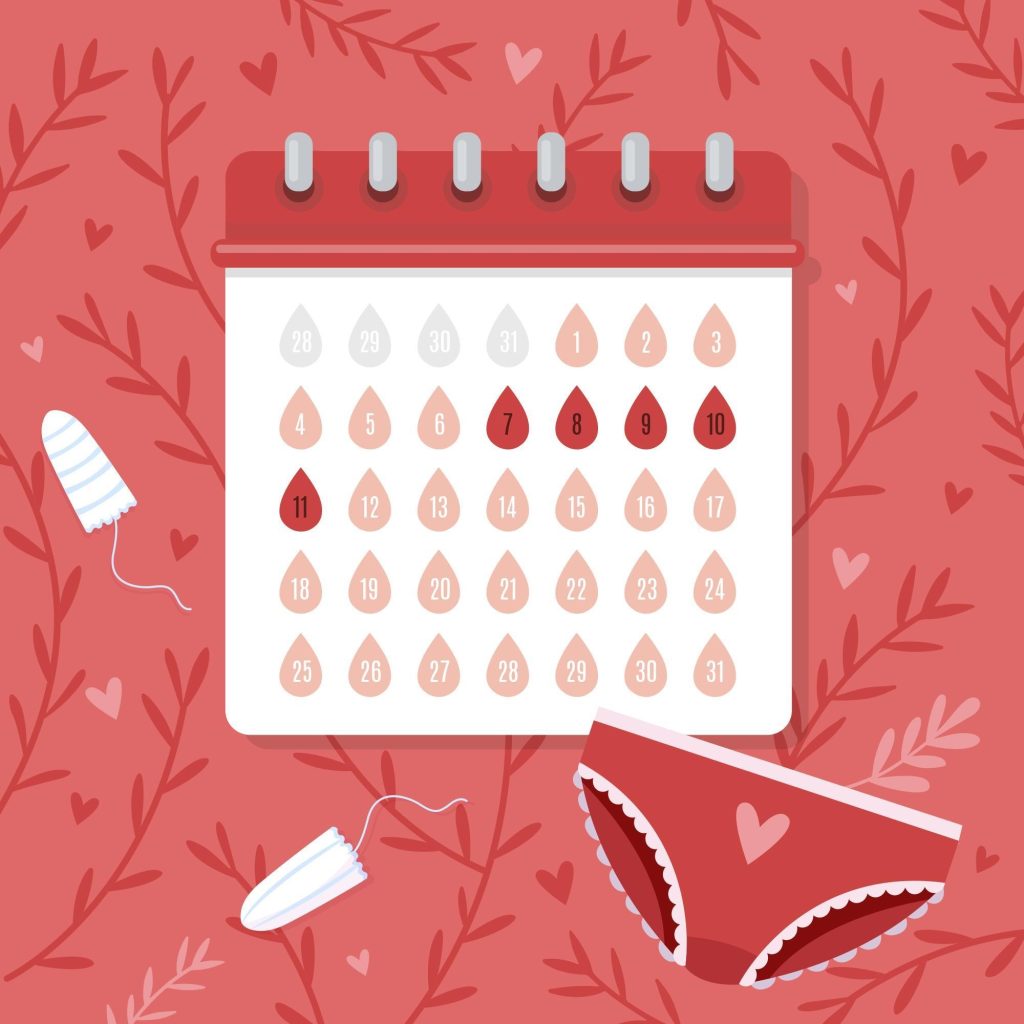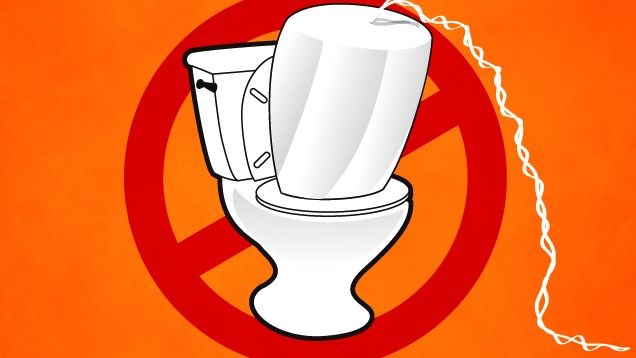Periods. They can be a source of annoyance, discomfort, or even mystery. But what if we told you that tracking your period could be a total game-changer? It’s true! Knowing your menstrual cycle offers a wealth of benefits, from predicting your flow to understanding your overall health.

Why Track Your Period?
- Be the Master of Your Flow: Cramps got you down? Tracking can help you anticipate when they’re most likely to strike, allowing you to stock up on pain relief or schedule activities for calmer days.
- Predict Your Period: Ever been caught off guard by Aunt Flo? Tracking helps you identify patterns and predict when your period is most likely to arrive. No more frantic tampon searches or ruined white pants!
- Optimize Your Workouts: Did you know your hormonal cycle can impact your energy levels? Tracking allows you to plan high-intensity workouts for peak energy days and prioritize restorative yoga when you need a recharge.
- Boost Your Fertility Awareness: Trying to conceive or avoid pregnancy? Tracking your cycle can help identify your fertile window. It’s not foolproof contraception, but it can be a helpful tool.
- Spot Potential Health Issues: Irregular periods, heavy bleeding, or unusual symptoms can be indicators of underlying health concerns. Tracking provides valuable data for discussions with your doctor.
- Empower Yourself: Knowledge is power, and understanding your cycle is a form of self-care. Tracking allows you to take control of your health and make informed decisions about your body.
Understanding Your Cycle: The Three Key Phases.
Your menstrual cycle is a symphony of hormones, and tracking helps you understand the different movements:
- The Follicular Phase: This is the “growing” phase, starting on the first day of your period and lasting until ovulation. During this time, an egg matures in a follicle within your ovary. Estrogen levels rise, typically causing increased energy and improved mood.
- The Ovulation Phase: This phase is typically short, lasting around 24-48 hours. A surge in luteinizing hormone (LH) triggers the release of a mature egg from the ovary. This is your fertile window, the time when you’re most likely to conceive.
- The Luteal Phase: This phase starts after ovulation and lasts until the beginning of your next period. Progesterone levels rise, which can cause premenstrual syndrome (PMS) symptoms like bloating, mood swings, and breast tenderness.
How to Track Your Period

The Old-School Way:
- Pen and Paper: This classic method is simple and customizable. Grab a notebook and create a chart to record the start and end dates of your period, flow intensity, symptoms, and anything else you find helpful.
- Period Tracking Apps: There’s an app for everything, including periods! Many apps offer user-friendly interfaces, symptom trackers, mood charts, and even period predictions. Popular options include Clue, Flo, and Period Tracker.
Getting Started Tips:
- Mark Your Calendar: Note the first day of your period on a calendar. This helps visualize your cycle length and identify any patterns.
- Be Observant: Track not just bleeding days, but also spotting and PMS symptoms like bloating, headaches, or mood swings.
- Stick With It: Tracking for a few cycles provides more accurate insights into your unique pattern. Don’t get discouraged if it takes some time to see trends.
Tracking Your Period: It’s Not Just About the Blood
Period tracking goes beyond just the physical. Consider noting emotional changes, sleep patterns, and even cravings. This holistic approach can provide valuable insights into how your cycle affects your entire well-being.
Remember: Your period is a normal part of life, and tracking it is a powerful tool for understanding your body and optimizing your health. So, embrace the knowledge, embrace the empowerment, and embrace the chance to become the ultimate period pro!




